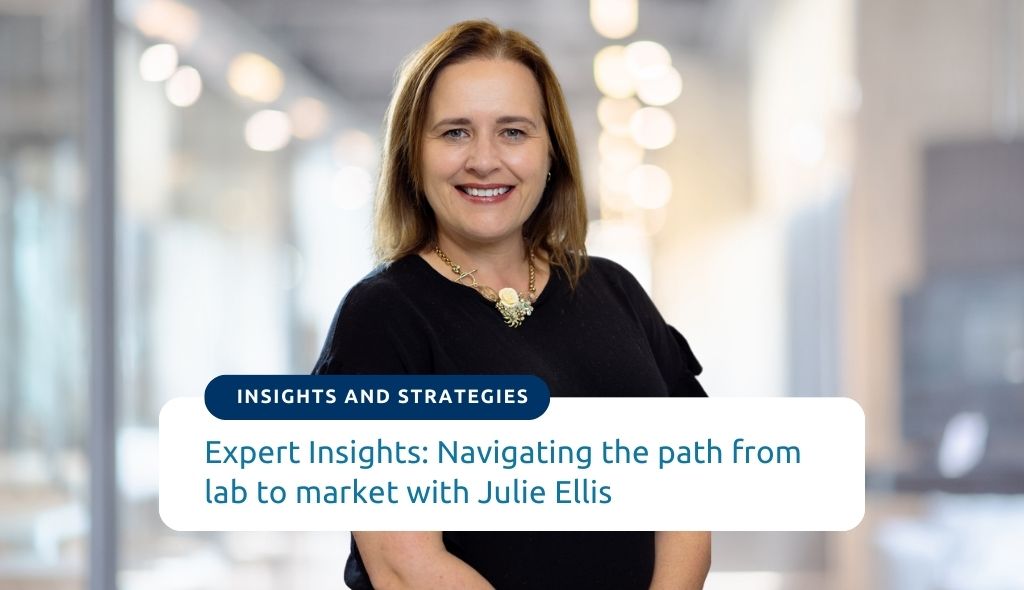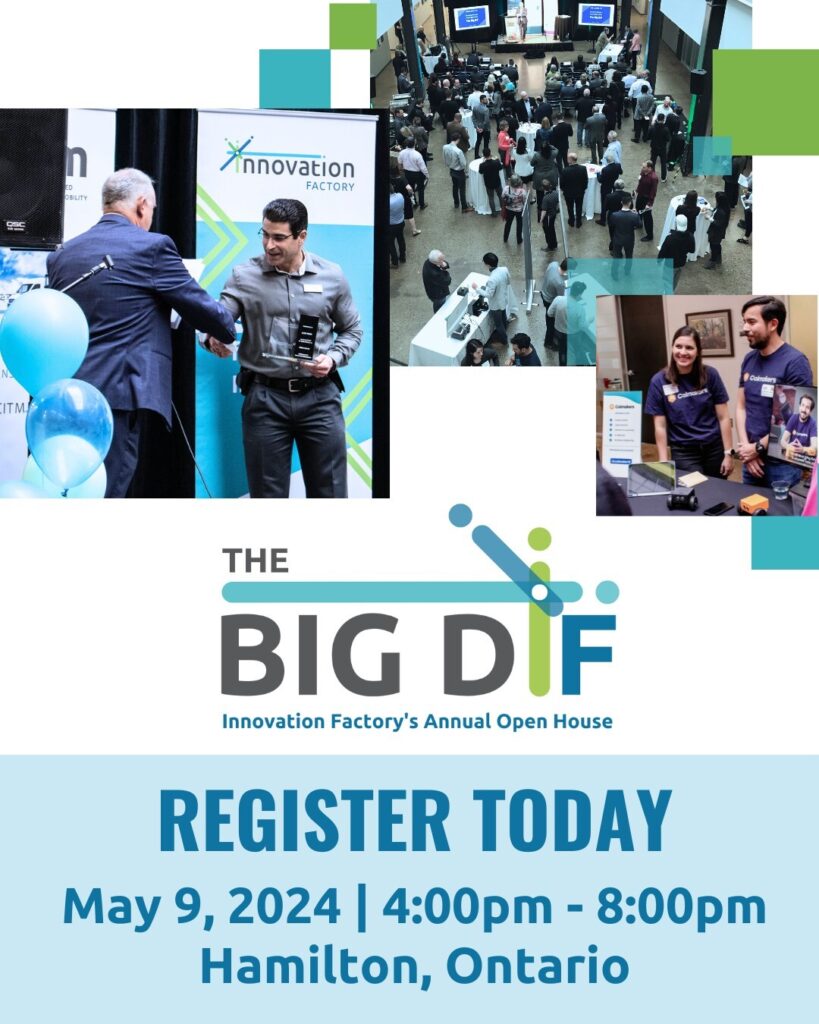Bringing something out of the lab and into the market can sometimes lead to gaps in the process as scientists transition to becoming entrepreneurs. As a founder, you have the potential to revolutionize industries, but a successful journey from lab to market requires strategic guidance.
Growth can seem like a daunting process at times, so it’s important to have patience, good advisors, and a willingness to lean into developing the leadership and business skills required to build a successful business. At Innovation Factory (iF), entrepreneurs can find advisors that can help them navigate the challenges that come with the role.
We turned to our Expert Advisors to answer some specific questions and get more insight into navigating some of the common challenges faced by entrepreneurs.
In this part of the series, we spoke with Julie Ellis, an Expert Advisor at Innovation Factory who has more than 25 years of experience working first in the corporate world, and then as a leading Canadian entrepreneur. She is a co-founder of award-winning Mabel’s Labels, one of Canada’s small business success stories. She is also Chair of the Board at Angel One Investment Network, one of the most active angel investor groups in Canada.
We asked Ellis to ask her to share some advice on how to navigate the entrepreneurial landscape as an early-stage entrepreneur. Here’s what she shared:
What advice do you have for founders who are ready to bring together the right team of people? What strategies do you recommend for building and managing a team, especially in the fields of life sciences and food/agriculture?
Building a team that resonates with the company’s core values is key. And communicating those core values clearly from day one can help with building a strong team. It’s about hiring for fit as much as for skill—seeking out individuals who are not just technically proficient but who share the vision and ethos of the company. Managing such a team then hinges on fostering a culture of openness, where feedback is encouraged, and every team member feels valued and motivated.
Raising capital is often a major hurdle for start-ups. Could you share insights on how entrepreneurs can efficiently manage this process?
Raising capital demands a clear, compelling narrative that communicates not just the scientific innovation but its market potential and societal impact. Entrepreneurs must be ready to wear multiple hats, speaking the language of both science and business fluently. Communicating your story and your pitch effectively, helps to gather interest from investors. It’s about showing not just the solidity of the science but the strength and readiness of the team to pivot from researchers to business leaders.
It’s often said that scaling a business requires replicating processes effectively. What challenges do companies face within that process?
Scaling involves identifying the core processes that drive value and ensuring they can be replicated efficiently as the business grows. The challenge lies in balancing standardization with the need for innovation. Successful companies often adopt a modular approach, where scalable processes are identified and optimized, while leaving room for adaptation and improvement.
Can you share some best practices for early-stage start-ups as they navigate building a viable business?
I suggest start-ups adopt a forward-looking approach to budgeting and resource planning, anticipating needs and bottlenecks before they arise. This involves rigorous financial planning, but also flexibility—being prepared to adjust plans as the business evolves. Incorporating lean principles can help start-ups remain agile, focusing on value creation while minimizing waste.
Advisors can act as bridges between the world of science and business, providing the expertise and perspective that scientist entrepreneurs may lack. They offer strategic guidance, helping to steer the company through growth phases while avoiding common pitfalls. Their role is not just to advise but to mentor, building the leadership and business acumen of scientist founders.
If you’re looking for some business coaching for your start-up, reach out to Innovation Factory to get connected with Julie Ellis.
More insights from our Expert Advisors
- Navigate challenges in sales and marketing with Mark Elliott.
- Uncover the importance of branding with John Holland.
Interested in working with an Expert Advisor? Connect with us to learn more.






